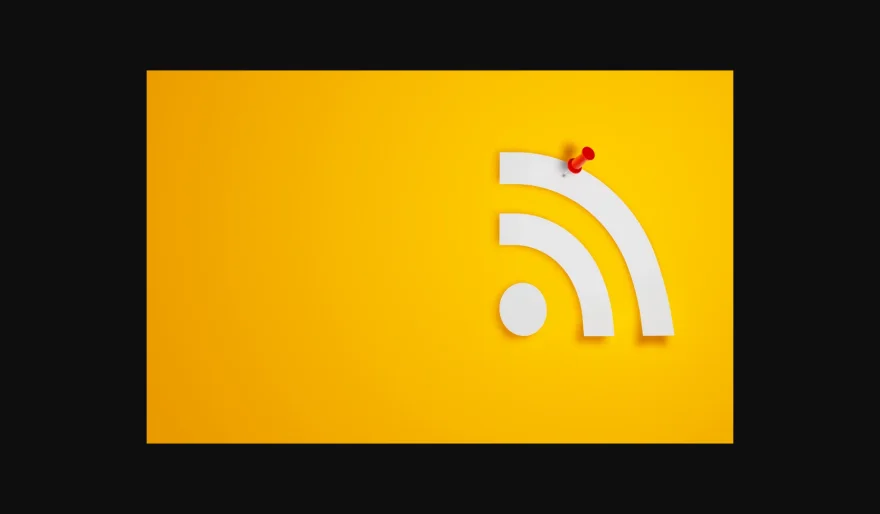Stay Ahead of the Curve
Latest AI news, expert analysis, bold opinions, and key trends — delivered to your inbox.
RSS Co-Creator Launches RSL Standard to License Data for AI
3 min read The co-creator of RSS just dropped RSL—“Really Simple Licensing.” A new protocol that lets publishers bake payment rules into their sites so AI models have to pay up when they train on your content. Could this be the start of AI’s data economy? September 10, 2025 14:58
The headline: Eckart Walther—yes, the co-creator of RSS—has launched a fresh approach to content licensing for the AI era. His new framework, dubbed the Really Simple Licensing (RSL) Standard, enables publishers to embed licensing and royalty terms directly into their robots.txt files or content metadata. Think of it as a modern twist on RSS’s lightweight, scalable ethos—but designed to make AI systems actually pay when they scrape content for training.
Why it matters:
Publishing today is under siege from AI models that silently grab content, often without permission or compensation. RSL offers a practical, standardized mechanism—no contracts, no lawyers, just coded terms in .txt—to let publishers specify if they want pay-per-crawl, pay-per-inference, or subscription-based access. It’s like robots.txt with a payment processor built in.
Major platforms like Reddit, Yahoo, Medium, Quora, and People Inc. are already backing it, giving the initiative the critical mass it needs to work. RSL isn’t just a tech layer—it’s a potential new economy for content creators.
The pitch:
RSL’s creators believe that if enough sites embed licensing rules, AI developers and infrastructure providers—Fastly, CDNs, search indexes—will enforce them by default, or at least rethink how they gather and use content. If it works, this could mirror how music licensing organizations operate, offering collective bargaining power in a previously chaotic content ecosystem.
Hot take:
This feels like the democratization of digital copyright for AI—no more silent scraping, no more guesswork. It gives creators agency and puts roof-level support behind the idea that data is not free. But—big caveat—this system only works if AI companies and web infrastructure respect it. Until that happens, it’s promising, but unproven.



















 AI Agents
AI Agents